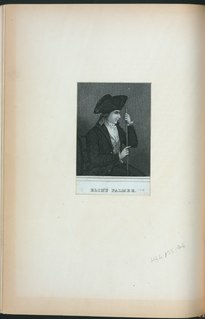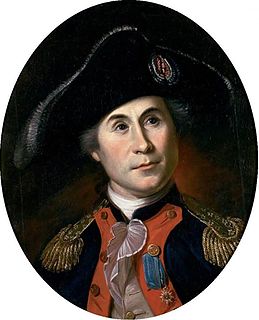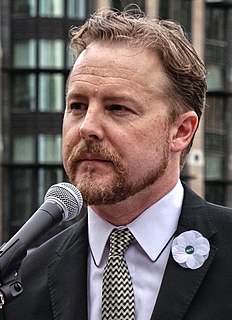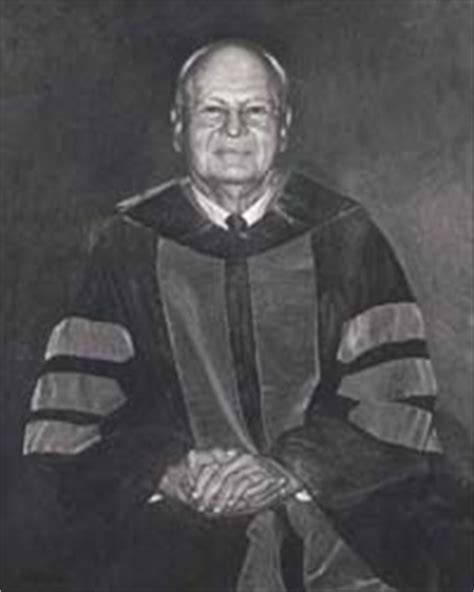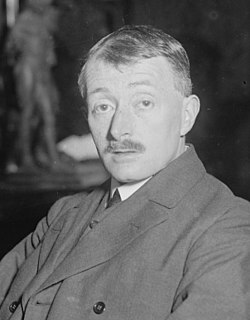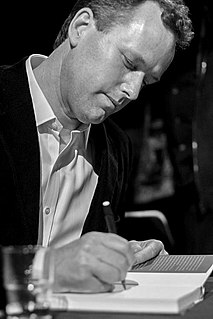A Quote by Elihu Palmer
The obscurity, incredibility and obscenity, so conspicuous in many parts of it, would justly condemn the works of a modern writer. It contains a mixture of inconsistency and contradiction; to call which the word of God, is the highest pitch of extravagance: it is to attribute to the deity that which any person of common sense would blush to confess himself the author of.
Related Quotes
It is our duty to endeavor always to promote the general good; to do to all as we would be willing to be done by were we in their circumstances; to do justly, to love mercy, and to walk humbly before God. These are some of the laws of nature which every man in the world is bound to observe, and which whoever violates exposes himself to the resentment of mankind, the lashes of his own conscience, and the judgment of Heaven. This plainly shows that the highest state of liberty subjects us to the law of nature and the government of God.
It would be unwise to condemn as irrational the practice of devouring the heart and liver of an adversary while yet warm. For the highest spiritual working one must choose that victim which contains the greatest and purest force; a male child of perfect innocence and high intelligence is the most satisfactory.
If there be one attribute of the Deity which astonishes me more than another, it is the attribute of patience. The Great Soul that sits on the throne of the universe is not, never was, and never will be, in a hurry. In the realm of nature, every thing has been wrought out in the august consciousness of infinite leisure; and I bless God for that geology which gives me a key to the patience in which the creative process was effected.
If an author be supposed to involve his thoughts in voluntary obscurity, and to obstruct, by unnecessary difficulties, a mind eager in the pursuit of truth; if he writes not to make others learned, but to boast the learning which he possesses himself, and wishes to be admired rather than understood, he counteracts the first end of writing, and justly suffers the utmost severity of censure, or the more afflicting severity of neglect.
For Calvin, the creation reflects its Creator at every point. Image after images flashed in front of our eyes, as Calvin attempts to convey the multiplicity of ways in which the creation witnesses to its Creator: it is like a visible garment, which the invisible God dons in order to make himself known; it is like a book in which the name on the Creator is written as its author; it is like a theater, in which the glory of God is publicly displayed; it is like a mirror, in which the works and wisdom of God are reflected.
Geometry, which before the origin of things was coeternal with the divine mind and is God himself (for what could there be in God which would not be God himself?), supplied God with patterns for the creation of the world, and passed over to Man along with the image of God; and was not in fact taken in through the eyes.
I do not deny God, because that word conveys to me no idea, and I cannot deny that which presents to me no distinct affirmation, and of which the would-be affirmer has no conception. I cannot war with a nonentity. If, however, God is affirmed to represent an existence which is distinct from the existence of which I am a mode, and which it is alleged is not the noumenon of which the word I represents only a speciality of phenomena, then I deny God, and affirm that it is impossible God can be.
